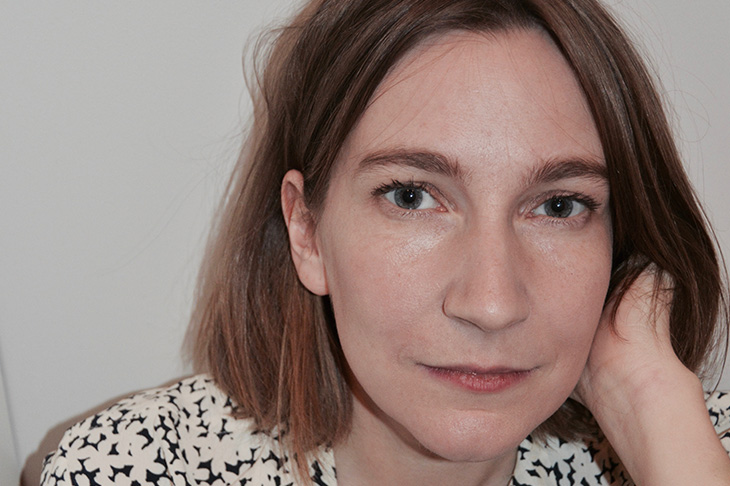‘I don’t think this was something I ever felt’, Sheila Heti writes in Motherhood — ‘that my body, my life, belonged to me.’
Heti’s narrator is childless, nearing her forties and living with her boyfriend. In semi-diaristic vignettes, she navigates the space of childlessness; the ‘sensation of life tapping its foot’. She reckons with the feeling that her body is not fully her own, that it exists to make space for another. The narrator encounters friends and strangers, speaks to psychics and, in regular passages, uses a method of flipping three coins (two or three tails — no; two or three heads —yes) to find answers. ‘I’m projecting onto you, coins, the wisdom of the universe,’ the narrator admits. But still she asks, her questions sometimes becoming paragraphs, gently snaking towards a yes or no.
She suffers from PMS. Evenings pass and she is unable to reclaim her own head. She argues with her boyfriend. She has sex, she writes, she intensifies (waves of depression returning), and still the underlying pressure of motherhood remains. To be a mother, to not be a mother. Coins flipping. Later, her PMS lifts when she takes antidepressants. This is in itself a reckoning — what sort of story has tension, she wonders, that is resolved not by revelation but by drugs? She is left to reckon at the lack of reckoning.
Motherhood questions assumed pre-dispositions. Women are told their default is motherhood, that not having children is a failure to participate. But how do we even know what the desire feels like? ‘What,’ she asks, ‘if I’ve suppressed my desire for children so much that my desire is unrecognisable to me?’ She craves a finish line, when she can finally stop pushing back on expectation.
Heti looks at motherhood philosophically, emotionally, psychically, linguistically. She muses on the effect of art, and her relationship with writing. Can she write a book instead? This book? Hone that, and unleash it on the world? What’s the difference?
Motherhood is a poetic, innovative book. It is groundbreaking in its fluidity, in its recognition of the unrecognisability of desire, and in its scrutiny of expectation. Heti illustrates how not having children is its own burdensome choice. She dissects the weight of being a woman; the weight of depression and having a body that society speaks for. And in doing so, she introduces a critical, exhilarating freedom.






Comments